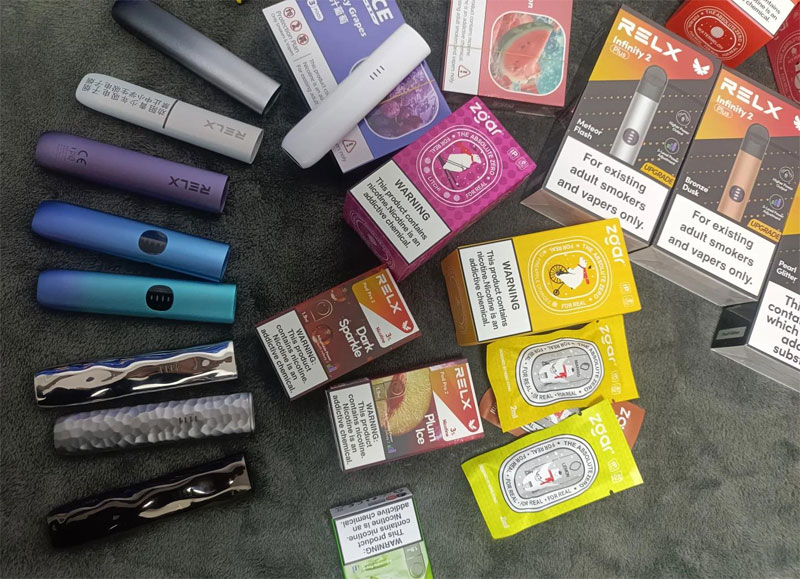
The recent decision by Vietnam to enforce a e-cigarette ban has generated a lot of discussions about its potential effects on smokers and the vaping industry. This ban, aimed at restricting the use of electronic cigarettes and vape products, could significantly impact both the consumers and businesses involved. In recent years, vaping has gained popularity among smokers as an alternative to traditional cigarettes, considered less harmful by some due to the absence of combustion and tar. However, with the new regulations curtailing their availability, smokers who have transitioned or were considering transitioning to e-cigarettes might feel cornered.
For many, vaping offered a semblance of control over nicotine consumption, allowing users to opt for varying nicotine strengths and flavors suited to individual preferences. This flexibility and perceived reduced harm have been key motivators behind its adoption. With the ban, smokers are likely to face challenges in adapting to the curtailed options for nicotine satisfaction, potentially leading some back to traditional tobacco products.
The impact on businesses, particularly those dealing in vape products, could be severe. The vaping industry in Vietnam has seen substantial growth, with numerous enterprises cropping up to cater to the rising demand. The ban threatens the sustainability of these ventures, forcing them to either pivot strategically or shut down operations, leading to economic repercussions including job losses and diminished sector contributions to the GDP.
The discussion surrounding health implications is central to this regulatory shift. Concerns over the long-term effects of vaping, especially among younger demographics, have sparked debates prompting stricter regulations. While supporters of the ban argue it’s a necessary measure to safeguard public health, critics posit that it might inadvertently encourage smokers to revert to conventional smoking habits, which are known to be more harmful.
The ripple effects of the ban are not limited to individual or business spheres. It invites critical analysis of how such policies might influence cross-border trade and the adaptation of users to black-market alternatives. Countries with stringent vaping regulations often witness a spike in smuggling activities, as demand does not completely dissipate but instead seeks unconventional means.
Frequently Asked Questions
What motivated Vietnam to implement this e-cigarette ban?
The primary reason behind Vietnam’s decision is concern over health risks associated with vaping, particularly among youth, alongside efforts to curb nicotine addiction.
How might this ban affect smoking rates in Vietnam?
There is a potential risk that the ban could increase smoking rates, as individuals might return to traditional cigarettes due to limited access to vaping products.

Are there countries with successful vaping regulation models?
Several countries have adopted balanced vaping regulations that ensure consumer safety while allowing controlled access to vape products, although success varies based on the regulation’s execution and cultural factors.
With these considerations in mind, Vietnam’s e-cigarette ban marks a pivotal crossroads for public health policies sparked by evolving smoking trends and industry dynamics.
